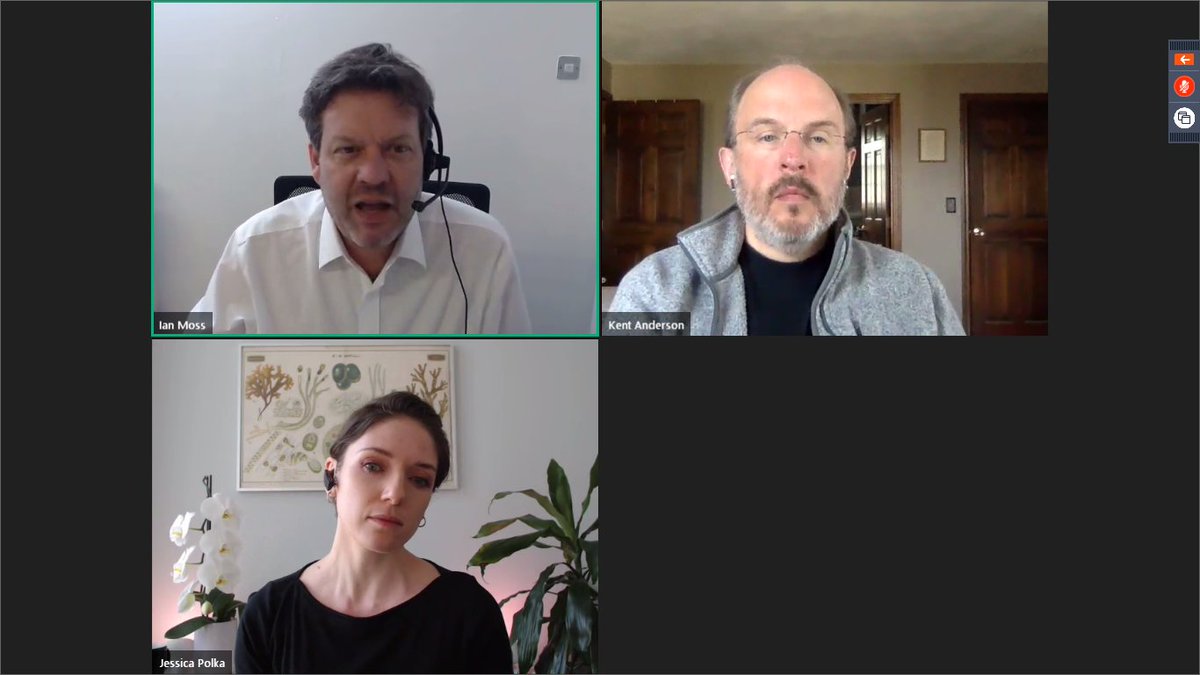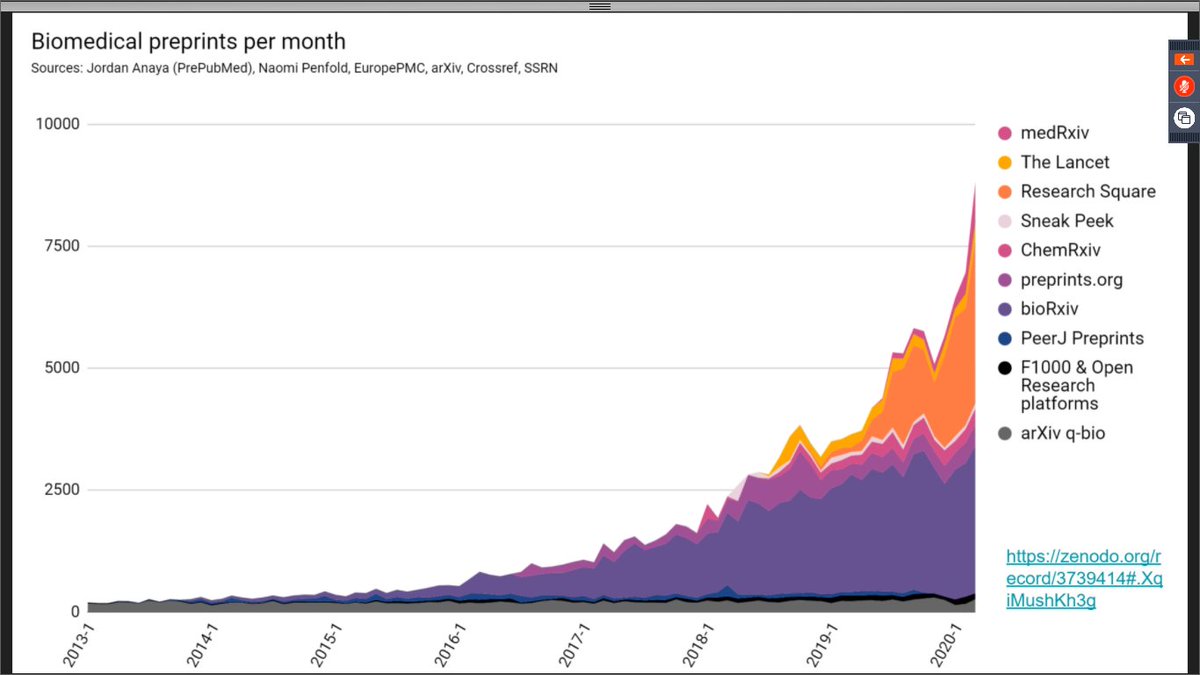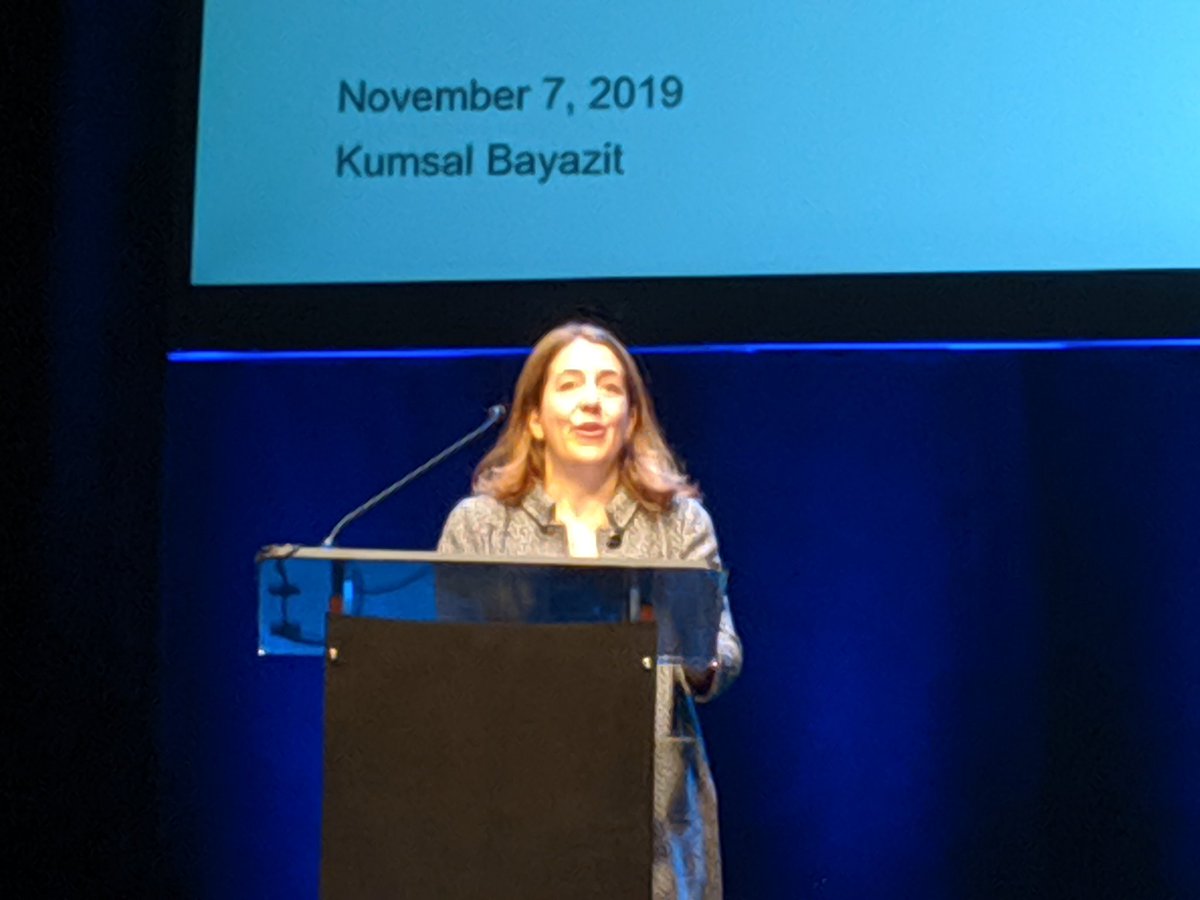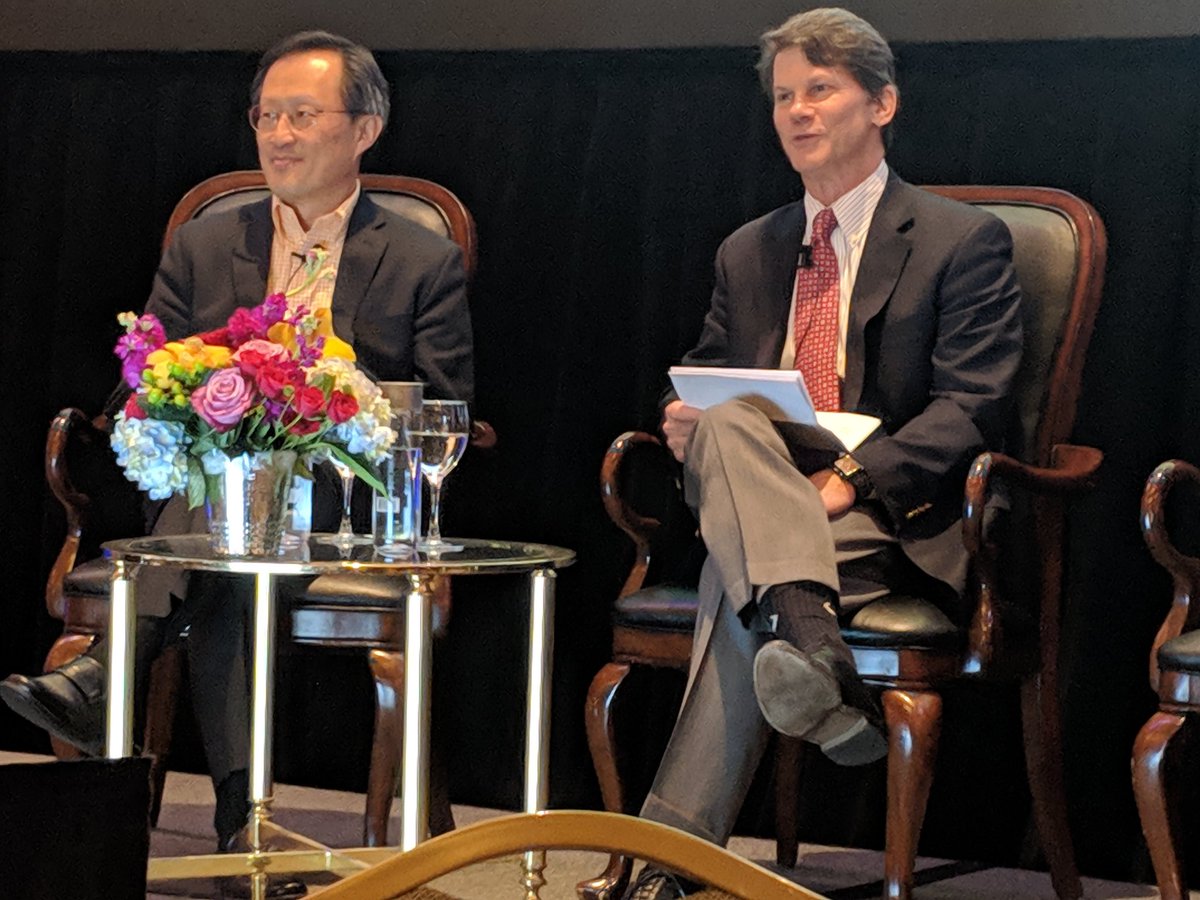
Wiley buys Hindawi -- a $298 million acquisition for GBP 25 million in annual APC revenues -- in bid to expand open-access platforms @pbasken timeshighereducation.com/news/wiley-buy…
I'm really fascinated by several things about this acquisition. 1. One could posit that APC business models in structural decline as they are replaced by transformative agreements. Will Hindawi titles be folded into Wiley TA's or offered as a separate "pure publish" model?
2. Seems that there is little concern about geopolitical risk: "Wiley…saw value in Hindawi’s strong position in Asia, the world’s largest and fastest growing academic publishing market…“Hindawi’s significant footprint in in China is a major benefit from that perspective”"
3. It seems some in the academic community continue to be "alarmed" when, after taking advantage of private capital to fund commercial start-ups for open access services (bepress; SSRN; now Hindawi), that capital looks to sell in search of returns. As if this is a surprise!
4. Most interesting will be to see how this expansion of Wiley's OA portfolio and platforms/workflows/services can connect with its important businesses in support of society publishing.
5. "Wiley anticipates achieving significant revenue synergies from the expansion of its open access journal portfolio and its beneficial impact on article cascade, added publishing capacity, and upsell opportunities for publishing and platform services." sec.report/Document/00001…
6. "If Zoom calls with MDPI and PLOS aren’t being scheduled now by Elsevier, Springer Nature, or Taylor & Francis, I’d be surprised." Maybe not literally PLOS as an NFP but definitely consolidation will continue apace. thegeyser.substack.com/p/wiley-contin…
7. Very important to recognize, as does @lorcanD, that both Wiley and Hindawi are not just publishers but also platform developers and providers:
https://twitter.com/lorcanD/status/1346466203909414912
8. Plan S collateral damage? @RouhiRoo is right to ask where the ecosystem is heading for "independents"
https://twitter.com/RouhiRoo/status/1346468431365689348
9. Some 65% of Hindawi authors live and work in China.
https://twitter.com/solidstateux/status/1346554375288795137
10. Here's how things look to a former EU policymaker...
https://twitter.com/BurgelmanJean/status/1346749268779012096?s=19
• • •
Missing some Tweet in this thread? You can try to
force a refresh






